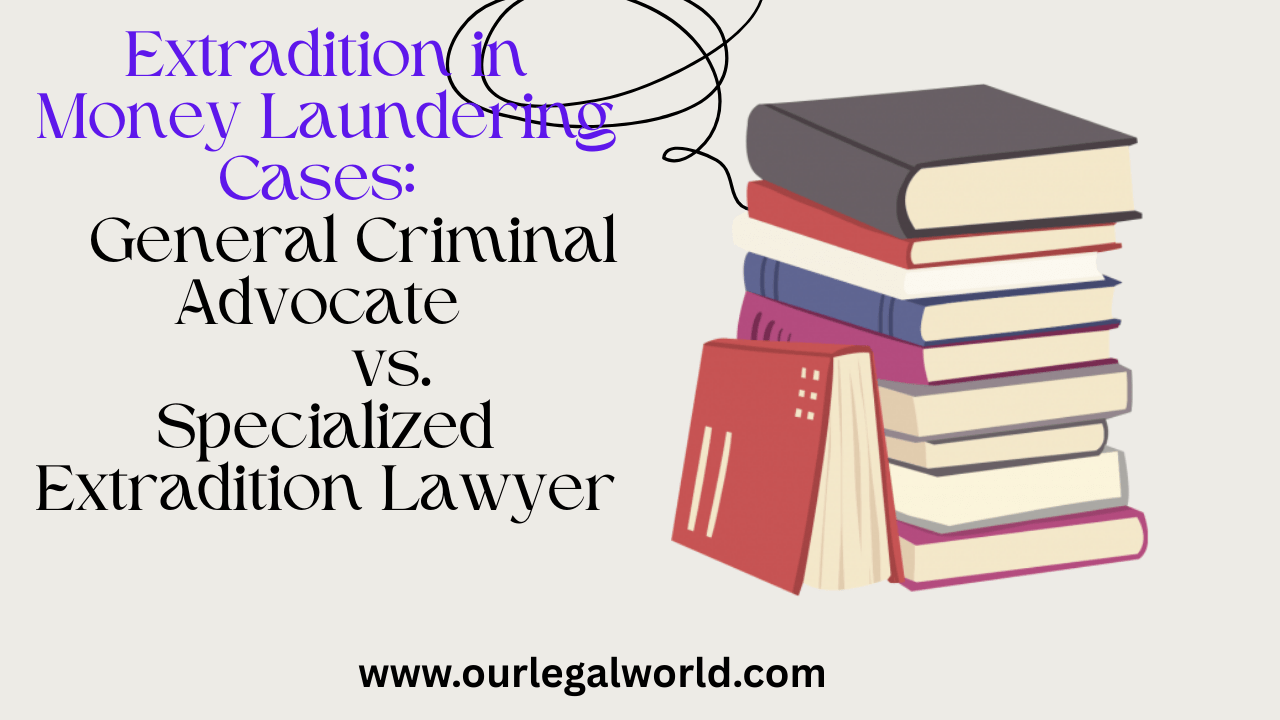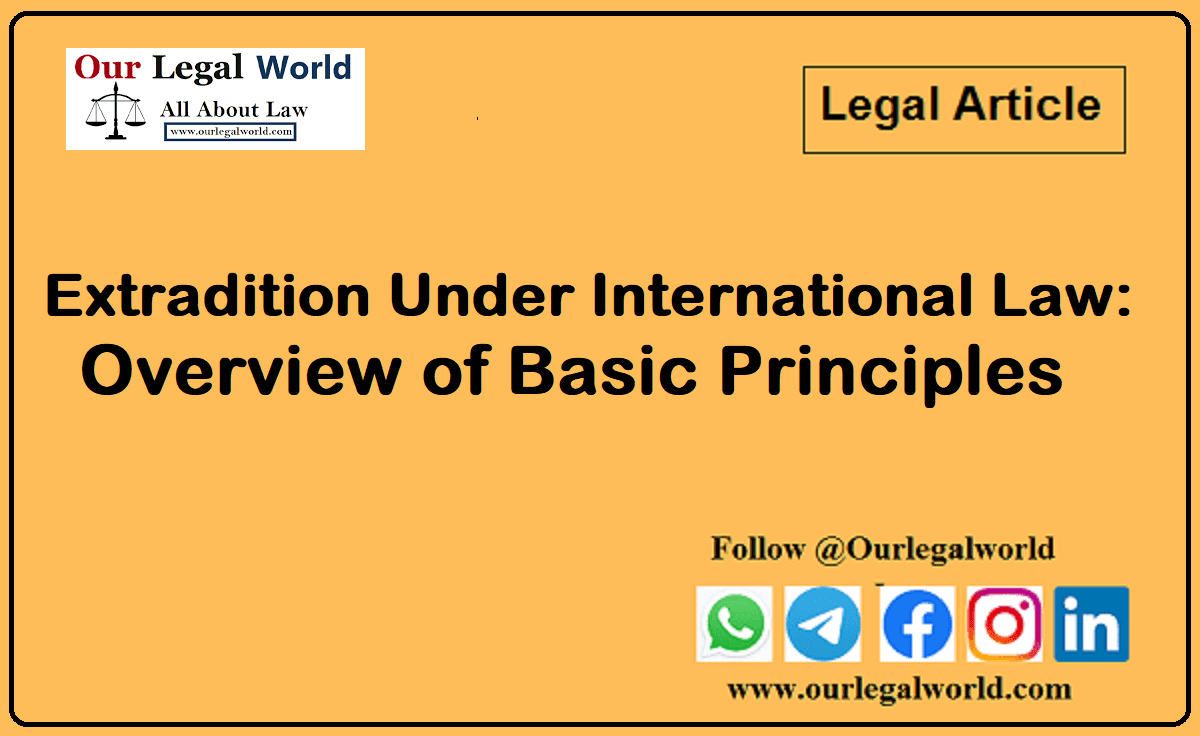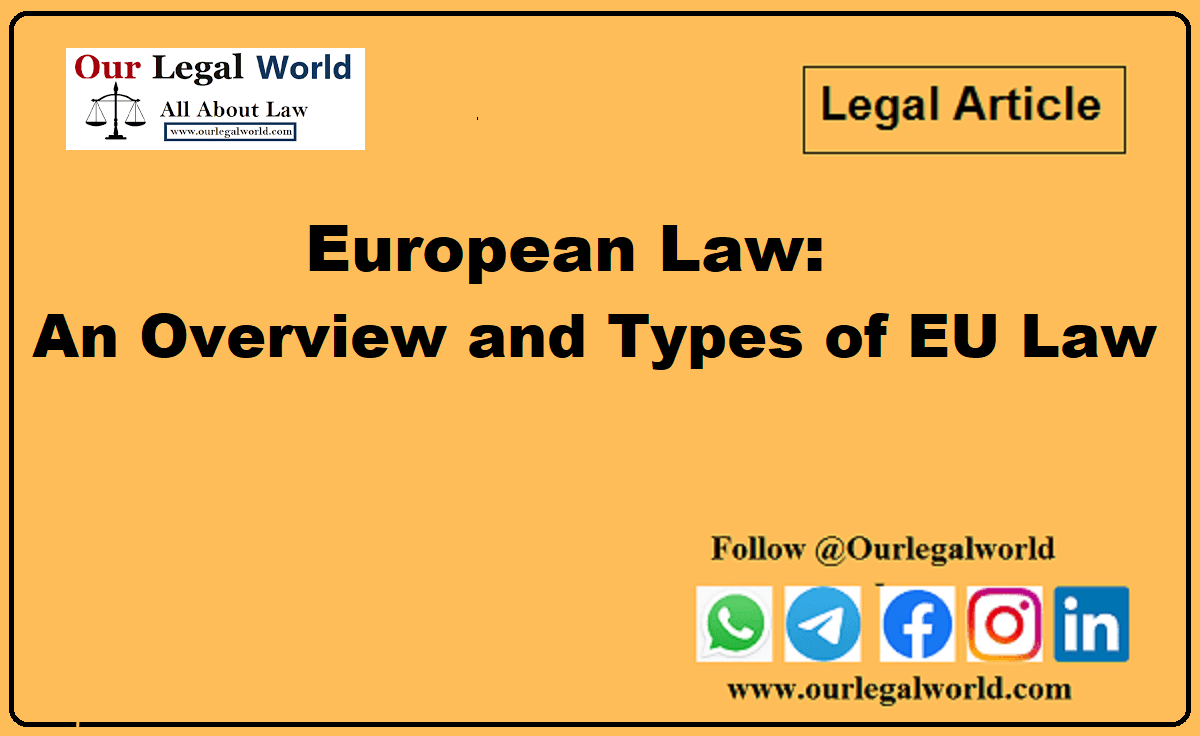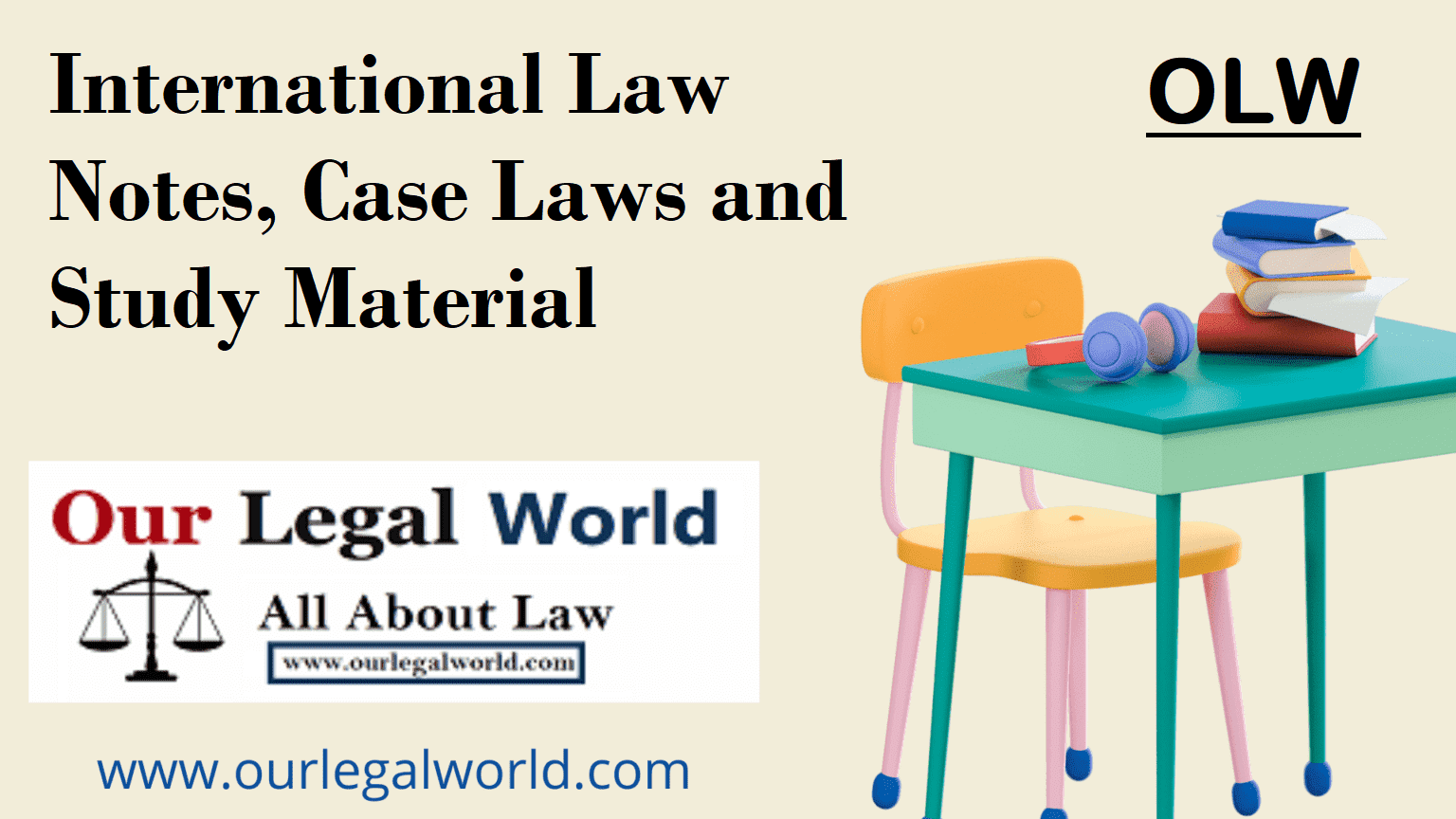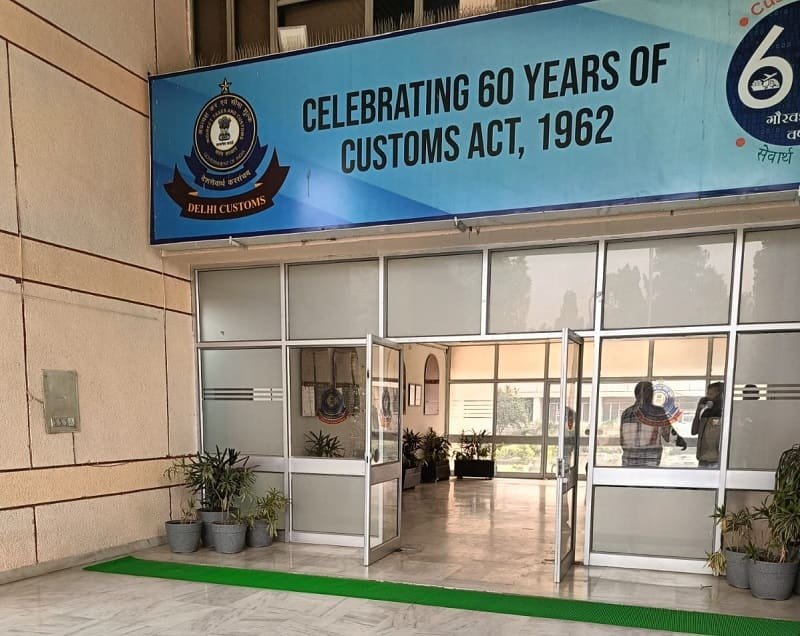Extradition in Money Laundering Cases: General Criminal Advocate vs. Specialized Extradition Lawyer
Extradition cases, particularly those involving serious financial crimes such as money laundering, are highly complex legal matters that require specialized expertise. While a general criminal advocate may have substantial courtroom experience, extradition law is a specialized field that demands a deep understanding of international treaties, diplomatic negotiations, and the legal frameworks of multiple jurisdictions. Below, we examine whether a normal criminal advocate can handle an extradition case or if specialized expertise is necessary.
Complexity of Extradition Law
Extradition is governed by bilateral and multilateral treaties, as well as domestic laws of the requesting and requested states. The legal process involves multiple stages, including:
- Issuance of an Extradition Request – A formal request from one country to another for the surrender of an accused or convicted individual.
- Judicial Review in the Requested Country – Courts assess whether the extradition meets legal standards, including human rights considerations and dual criminality principles.
- Diplomatic and Political Considerations – Governments may intervene in cases where extradition raises concerns related to international relations or fundamental rights.
A criminal advocate unfamiliar with these processes may struggle to navigate the intricacies of extradition law effectively.
Also Read: Extradition Under International Law: Overview of Basic Principles
Challenges in Money Laundering Extradition Cases
Money laundering is a transnational crime that often involves multiple jurisdictions, offshore accounts, and sophisticated financial networks. Extradition cases related to money laundering present unique challenges:
- Jurisdictional Issues – Determining which country has the primary right to prosecute.
- Mutual Legal Assistance (MLA) Treaties – Coordination between multiple legal systems for evidence gathering.
- Human Rights Defenses – Concerns about unfair trials, torture, or political motivations behind the extradition request.
Role of a General Criminal Advocate in Extradition Cases
A general criminal advocate is a legal professional experienced in defending clients against various criminal charges, including fraud, corruption, and money laundering. Their expertise lies in domestic criminal law and courtroom advocacy. In an extradition case, a general criminal advocate can:
- Challenge the evidence presented by the requesting country.
- Argue against the legality of the extradition request based on domestic laws.
- Defend the accused against the underlying money laundering charges in their home country.
- Highlight human rights concerns, such as the risk of unfair trial or mistreatment in the requesting country.
However, extradition law is highly specialized and involves complex international treaties, diplomatic considerations, and procedural technicalities. A general criminal advocate may lack in-depth knowledge of these aspects, which could impact the effectiveness of the defense.
Why Specialized Expertise Is Essential
A legal expert specializing in extradition law brings invaluable knowledge and experience to such cases, including:
- Understanding of International Conventions – Expertise in treaties like the UN Convention Against Transnational Organized Crime (UNTOC) and FATF guidelines.
- Experience in Diplomatic and Political Aspects – Ability to negotiate with governments and prevent wrongful extradition.
- Strategic Use of Legal Defenses – Including arguments based on double jeopardy, human rights violations, or lack of dual criminality.
Importance of Legal Contacts in the Requesting State
In extradition cases related to money laundering, it is crucial for the defending law firm or advocate to have strong legal contacts in the requesting state. A local legal expert in the requesting jurisdiction can provide:
- Insight into Local Legal Systems – Understanding the prosecutorial approach and judicial tendencies in money laundering cases.
- Access to Crucial Information – Ability to gather relevant legal documents, witness testimonies, and procedural updates.
- Effective Defense Coordination – Collaborative efforts between legal teams in both jurisdictions to build a comprehensive defense strategy.
Why a Specialized Extradition Lawyer is Often the Better Choice
A specialized extradition lawyer focuses exclusively on extradition law and has extensive experience handling international legal issues. Their expertise includes:
- Understanding international treaties and bilateral agreements: They can navigate complex extradition treaties and identify loopholes or procedural defects in the requesting country’s case.
- Challenging extradition on human rights grounds: Specialized lawyers are well-versed in arguing against extradition based on risks of unfair trial, political persecution, or human rights violations.
- Negotiating diplomatic resolutions: In some cases, an extradition lawyer can negotiate alternative legal solutions, such as trial in the accused’s home country or a diplomatic agreement.
- Experience with high-profile extradition cases: They are often familiar with precedent cases and strategies that can help in contesting extradition successfully.
Given the high stakes involved in money laundering extradition cases—such as lengthy imprisonment, asset forfeiture, and reputational damage—a lawyer with expertise in international extradition law is usually better equipped to handle the complexities of such proceedings.
Conclusion
While a normal criminal advocate may be proficient in handling domestic financial crime cases, extradition cases related to money laundering require specialized legal knowledge. Engaging an extradition law expert significantly improves the chances of a favorable outcome by leveraging their understanding of international legal frameworks, jurisdictional challenges, and diplomatic nuances. Additionally, having a strong legal network in the requesting state is essential to ensure proper coordination, access to evidence, and a well-rounded defense.
Therefore, individuals facing extradition for money laundering should seek representation from a lawyer with proven expertise in extradition law and strong legal partnerships in the requesting country, rather than relying solely on a general criminal advocate.
